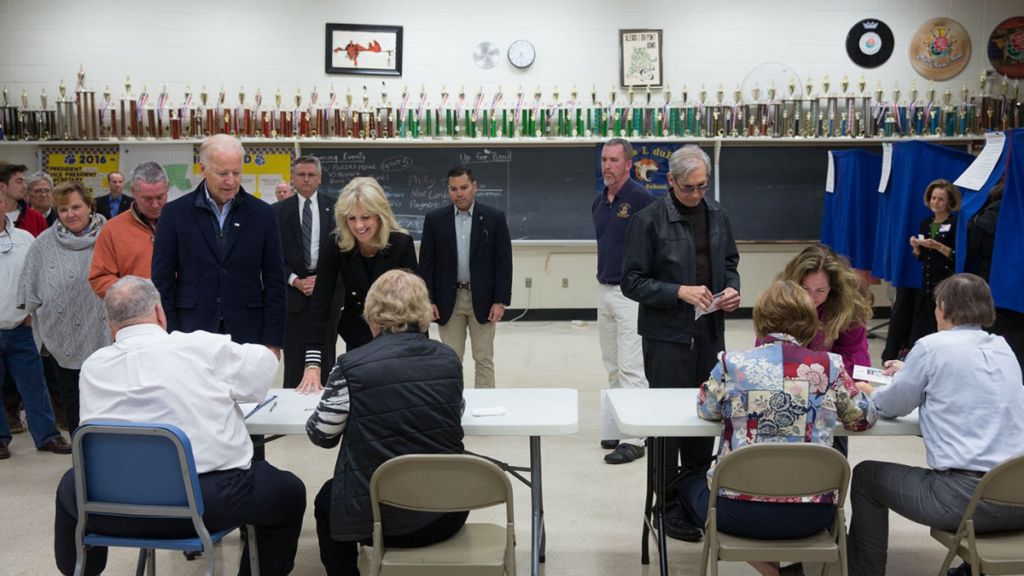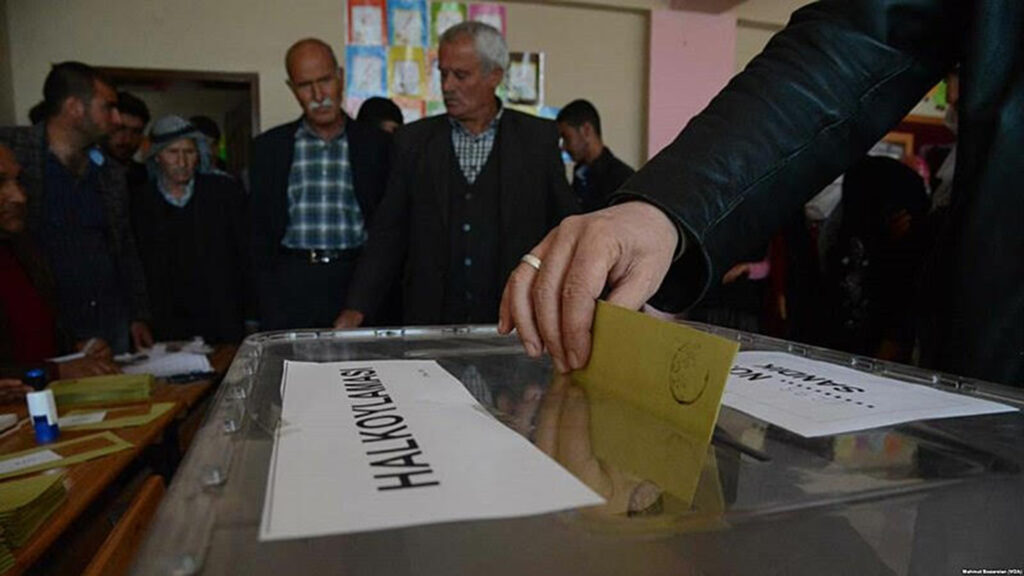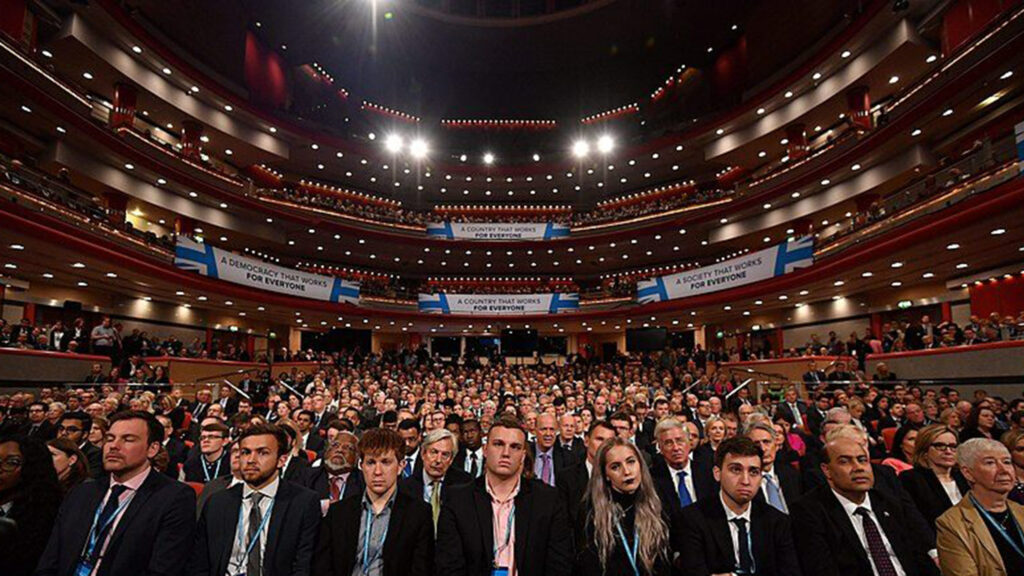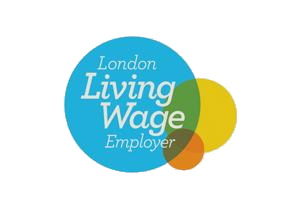The legislative elections in France have passed their first round and President Emmanuel Macron’s majority coalition in the legislature looks set for losses.
Winning 350 out of 577 seats (a majority of 61) in France’s National Assembly back in 2017 and having been re-elected as president two months ago, many would have predicted that Macron would return another majority. That vision is now significantly under threat.
Round 1: What happened in the first round of elections?
Normally the first round yields few concrete wins for candidates because of the two-round voting system in France where a candidate needs to gain an outright majority to win the first round. Furthermore, although national vote shares do not translate to seat projections, the results from the first round can, alongside polling, paint a picture of what may come at this Sunday’s second round of legislative elections.
Looking at the national vote share, the left wing NUPES (New Ecologic and Social People’s Union) alliance led by left-wing firebrand, Jean-Luc Mélenchon, is neck and neck with Macron’s Ensemble coalition, polling 25.66 percent and 25.75 percent, respectively. This has translated into 4 seats already being returned for NUPES and 1 for Ensemble without the need for a second round.
Another party looking to make a significant dent to Macron’s legislative election hopes is Rassemblement National (RN), led by Macron’s presidential election rival Marine Le Pen. Of all the parties that contested the 2017 elections they have seen the biggest percentage gains nationally. RN is up 5.5% compared to 2017 at 18.7%, and has had candidates advancing to the run-off in more than 200 seats.
Another issue to consider is the high voter abstention rate, estimated at 52.5% in the first round. Although there are varying opinions on the relationship between voter turnout and the success of the incumbent, what is certain is that, if Macron wants to have enough legislative control to effectively govern, he must win over those absentee voters.
Round 2: Legislative election projections
The parties and groupings occupying the political centre all look set to lose seats to France’s political left and right.
Ensemble, according to the polls, is the only coalition capable of surpassing the 289 seats needed to form an overall majority. With projections seeing it return 257-295 representatives on Sunday, it will likely be the biggest loser, even if it retains the title of the largest group in the Assembly.
The loss of an overall majority will be a disaster for Macron. Big losses are also predicted for the UDC (Union of the Right and Centre), which includes Les Republicains (LR). The grouping is projected to return between 48-70 representatives, a significant decrease from the 130 LR held before the election.
Meanwhile, given the closeness of the national vote share in the legislative election’s first round, NUPES, who occupy the political left, is likely to see a significant increase in its numbers, most likely becoming the principal opposition to the government with current projections seeing it elect between 157-206 representatives.
On the right, RN is on course to win enough seats to form an official group in the Assembly for the first time under the leadership of Marine Le Pen – adversary to Macron. It is are expected to surpass the 15 seat threshold that would unlock more funding and speaking time for questioning the government.
What if Ensemble fails to win an overall majority?
From the projections, a hung parliament is the most likely outcome.
President Macron may need to negotiate bill by bill with individual deputies or rival parties to progress his political agenda. This would slow down the pace of introducing reforms and could potentially lead to political deadlock. If deadlock were to occur, there are constitutional grounds that could force a new election if a bill is not approved.
Another, more politically stable option that could arise from these legislative elections, would be attempting to expand the coalition with a rival party close to the political centre, most likely the conservative LR. In doing this he would almost certainly have to offer senior cabinet roles to LR rivals and make manifesto concessions in return for parliamentary support.
If the pollsters are wrong, there is an outside possibility of NUPES gaining an overall majority in the Assembly, with Mélenchon being put forward as Prime Minister. If this were to occur the President would retain the lead on foreign policy and negotiate international treaties, whilst most day-to-day policy-making would be led by the NUPES government.
Bearing this in mind, we should note that President Macron could still, at any point, call a snap legislative election.
The second round of the French legislative elections will take place on Sunday 19th June.










